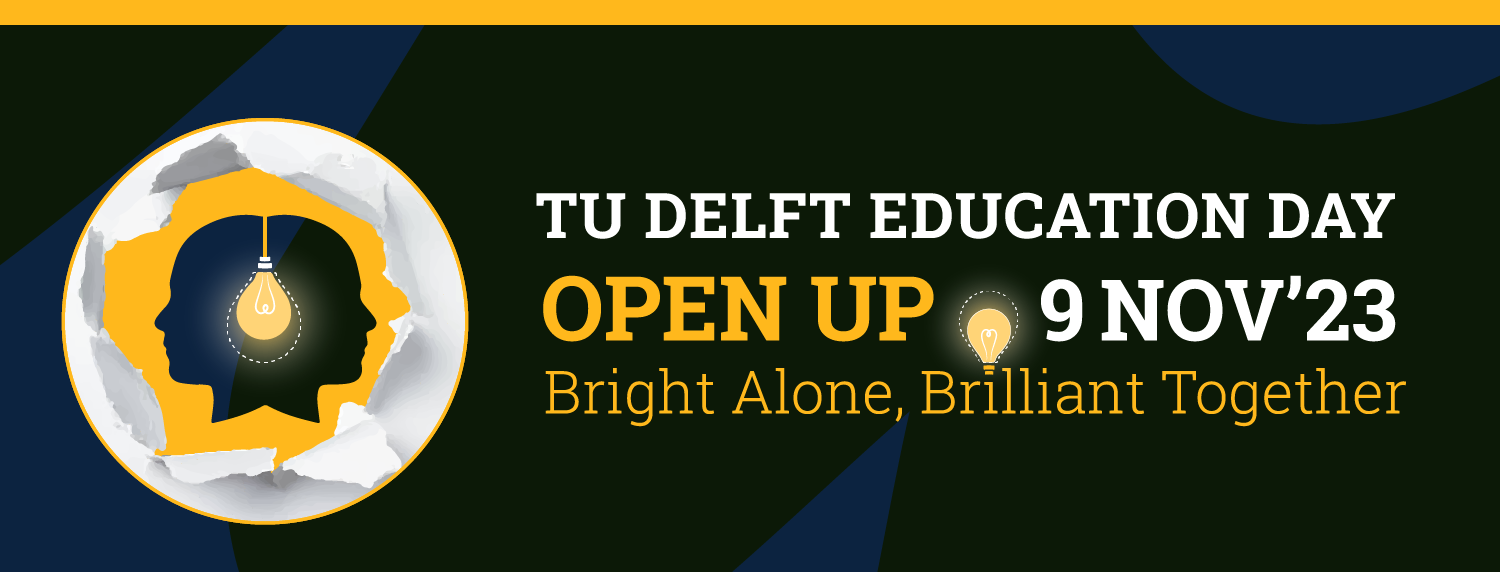TU Delft Education Day 2023 | 9 November
Open Up - Bright Alone, Brilliant Together
The TU Delft Education Day is the event of the year to get inspired by fellow educators* from all faculties and to share experiences in education.
Step into a world where minds converge, ideas collide and education meets boundless imagination.
On 9 November, embark on a journey that challenges disciplinary boundaries, embraces educational innovation and bolsters the added value of communities. “Open Up” during this year’s Education Day, and unlock new perspectives on Learning, Teaching and Engineering.
-
This year’s theme 'Open Up – Bright Alone, Brilliant Together ' is divided into three focus areas:
1) Open Up... LearningWhat do students need to be prepared for an unknown future? How can students be supported in finding their balance and in taking responsibility for their learning? How can curiosity be triggered and critical thinking be enhanced? What can students learn from each other and how can that best be supported?
2) Open Up… TeachingWhat do you need to prepare your students for an unknown future? What are your adventures in teaching? What does inclusive and integrative teaching look like? How to equip students with effective strategies to retain and apply knowledge, promoting deeper understanding and long-term retention of knowledge? What examples of inter – or transdisciplinary teaching can you share?
3) Open Up… EngineeringHow can we actively reach out to society, and integrate new perspectives, methodologies and stakeholders into our future engineering education? Envision a transformative approach to engineering that fuses STEM with humanities… What new possibilities might be unlocked when blurring the boundaries between different disciplines?
-
Time
Activity
09:30
Walk-in
10:00
Opening
Rob Mudde & Annoesjka Cabo
10:20
Keynote by Frits van Oostrom
‘The techie and the fuzzy.
The case for more open academic education.’11:15
Session Round 1
Morning sessions led by Educators:
More info here
Axelle Viré
Arno Stienen, Joost de Winter, Dimitra Dodou
Steven Flipse & Jorge Martinez Castaneda
Taico Aerts, Thomas Overklift Vaupel Klein
Alessandro Bombelli
Sjoerd van Dommelen, Pleun Hermsen, Paula Hueso Espinosa
Filippo Santoni De Sio & Aarón Moreno Inglés12:15 Lunch 13:00
Three Short Plenary Sessions Developments in TU Delft Education:
IDEE | IDEE Team Members
AI in Education | Alessandro Bozzon
TUnder | Educators14:00
Session Round 2
Afternoon sessions led by Educators:
More info here
Darinka Czischke
Freek Pols
Mieke van der Bijl-Brouwer & Carissa Champlin
Ajay Jagadeesh
Roel Schipper, Mehmet Kisa, Ahmed Farahat
Bart Root15:00
Connect & Network
While enjoying music by live band
15:30
Award Ceremony
16:00
Keynote by TU Delft Dream Team Emergence
16:45
Closing
17:00
Drinks & Bites
-
Keynote speakers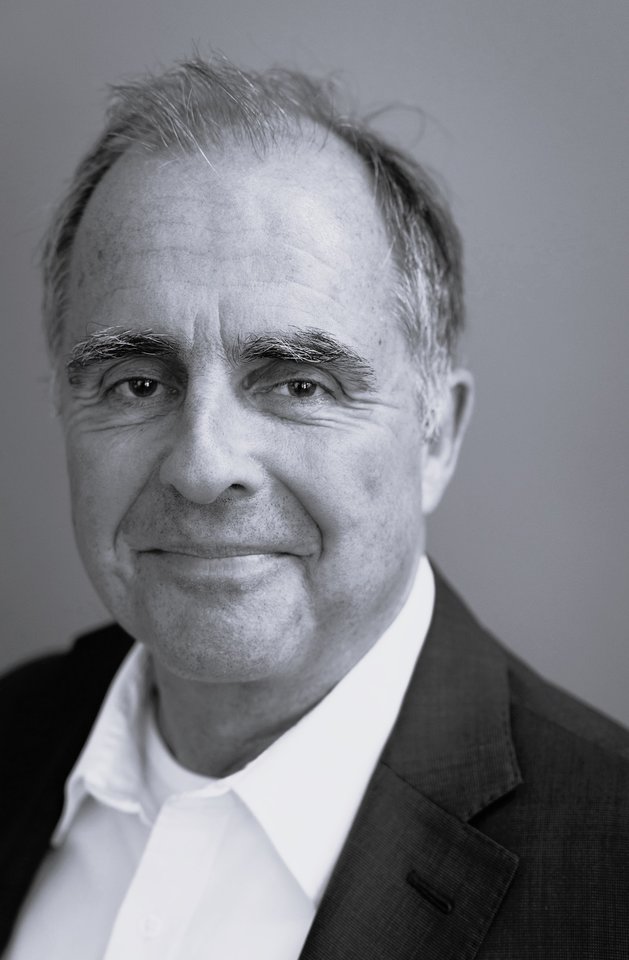
Frits van Oostrom
‘The techie and the fuzzy. The case for more open academic education.’
Frits van Oostrom | 10:20h
Frits (F.P.) van Oostrom is Emeritus University Professor at Utrecht University and former President of the KNAW. He specialises in Dutch literature of the Middle Ages and has written several books of which “De Reynaert. Leven met een middeleeuws meesterwerk”, is the most recent one. Van Oostrom received numerous awards and honours, including the AKO Literature Prize and the Spinoza Prize for his scientific work.
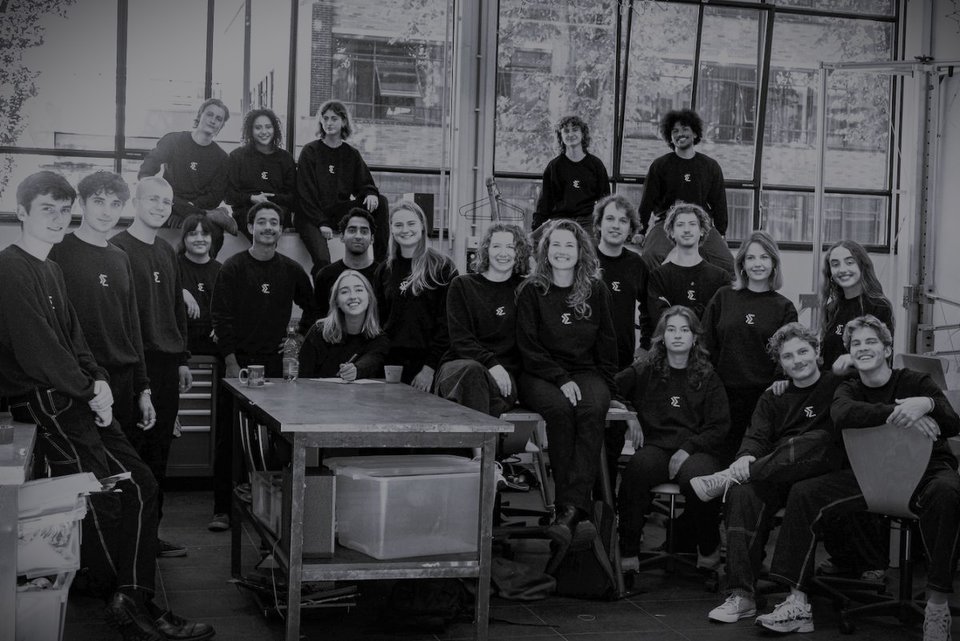
Dream Team Emergence
Emergence TU Delft Dream Team | 16:00h
We dream of a space at the TUDelft for playful tinkering, experimentation and collaboration between all kinds of different disciplines.
Picture - Shreyas Sidhar, TU Delta
Session leaders
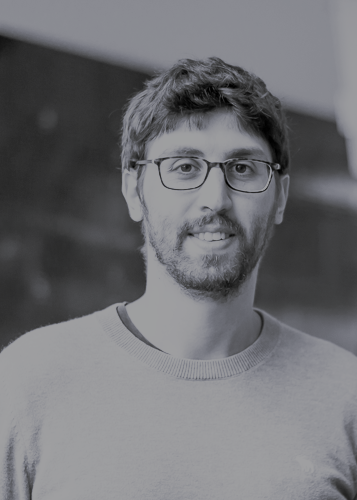
Alessandro Bombelli
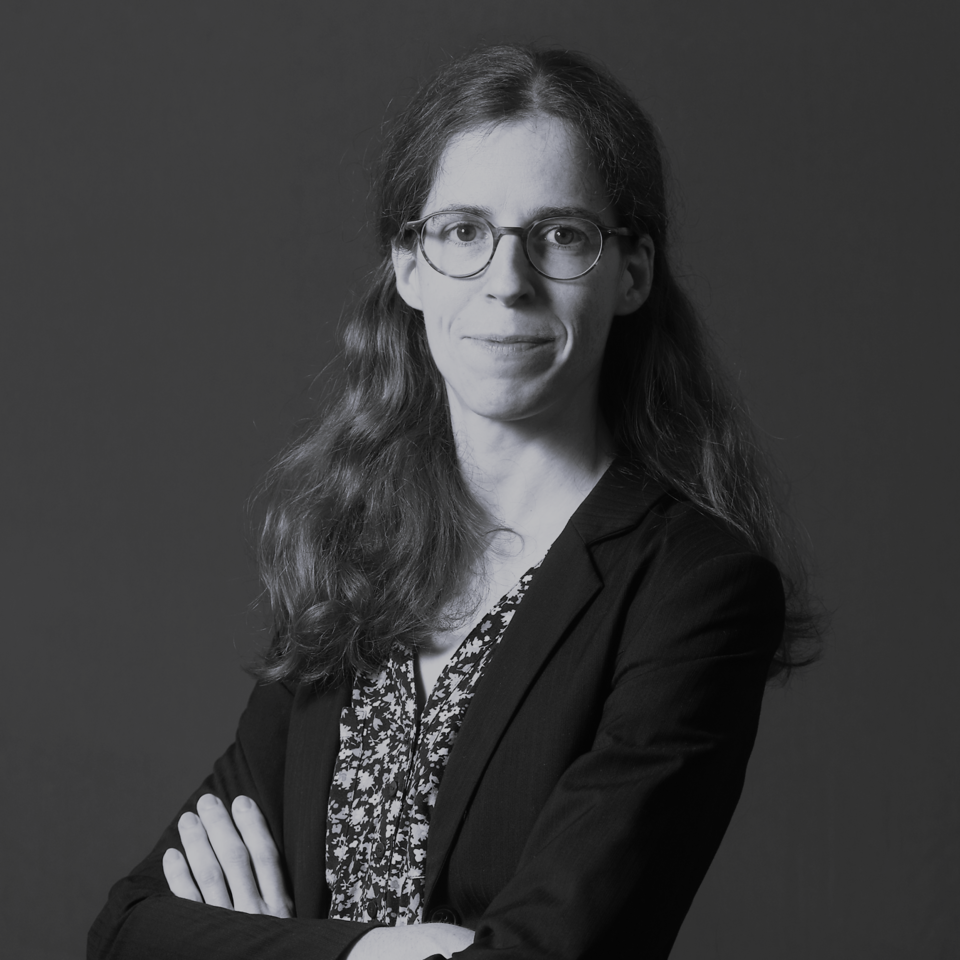
Axelle Viré
Dimitra Dodou
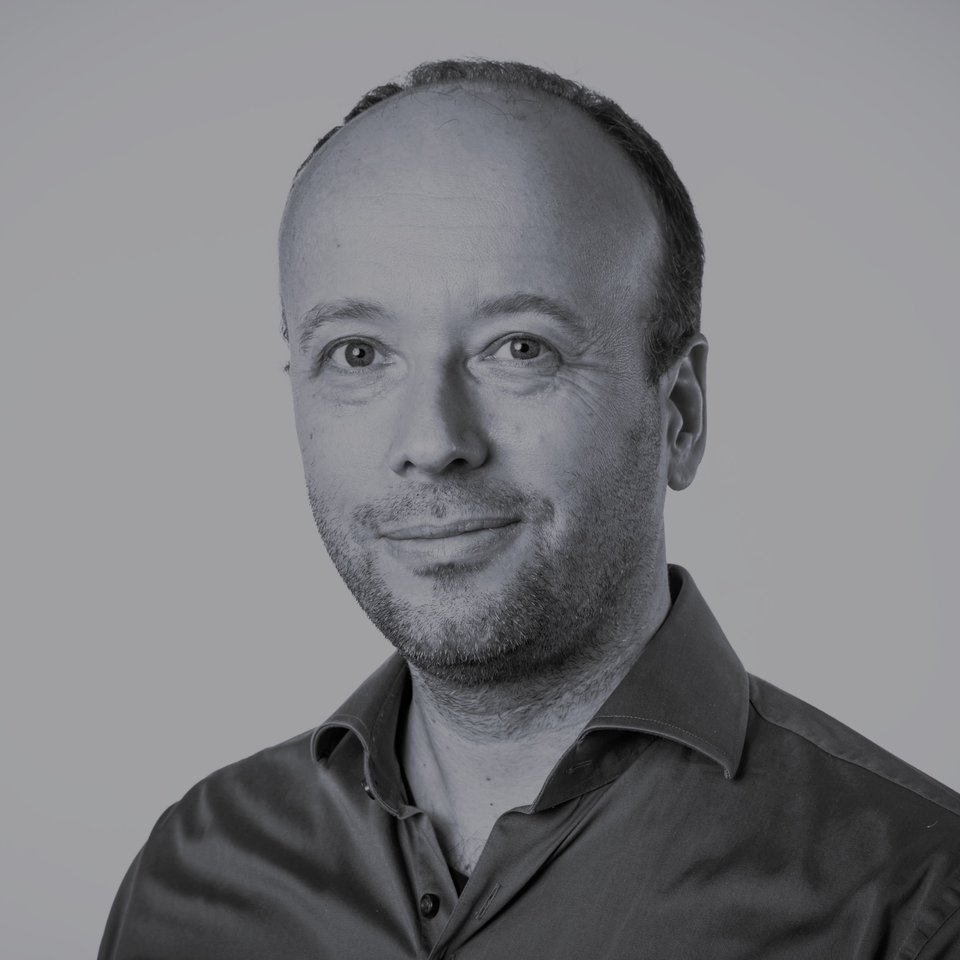
Joost de Winter
Paula Hueso Espinosa
Taico Aerts
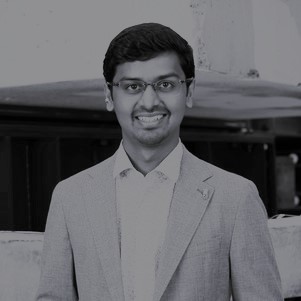
Ajay Jagadeesh
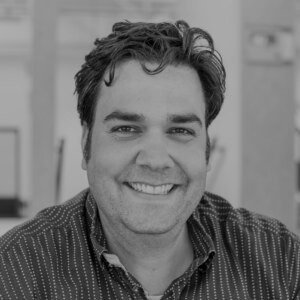
Bart Root
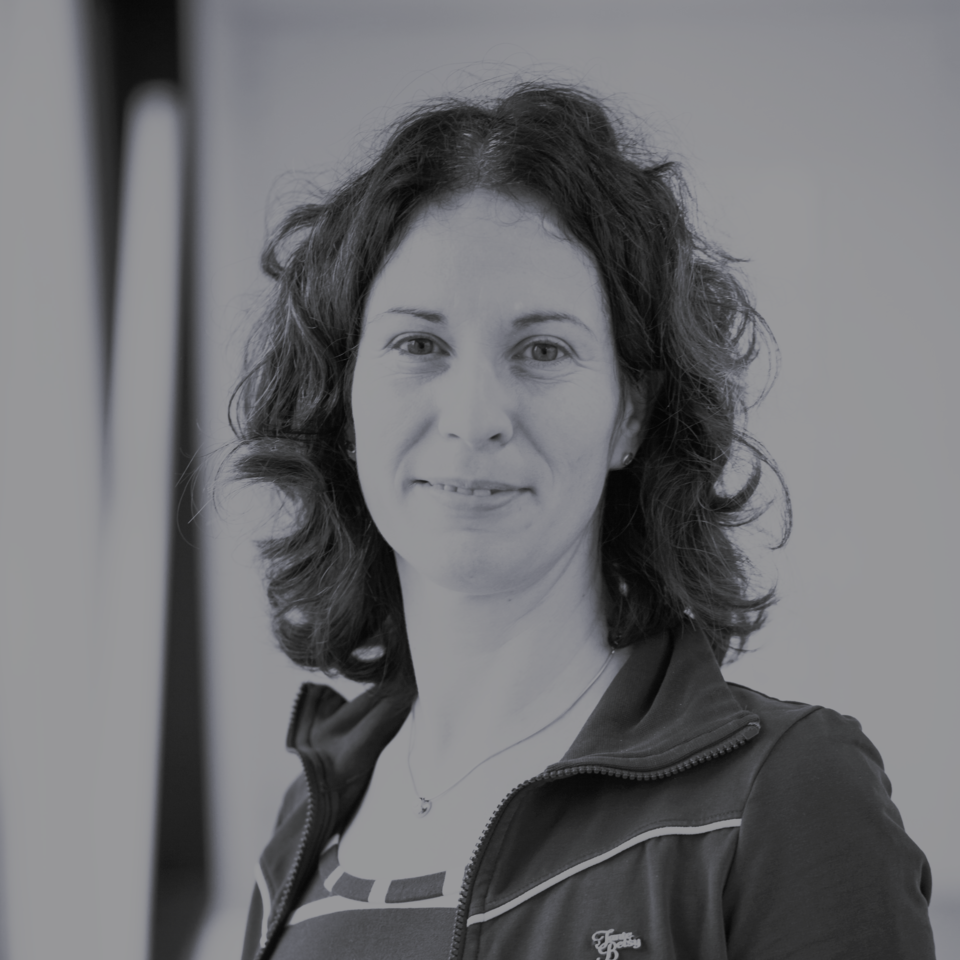
Éva Kalmár
Mehmet Kisa
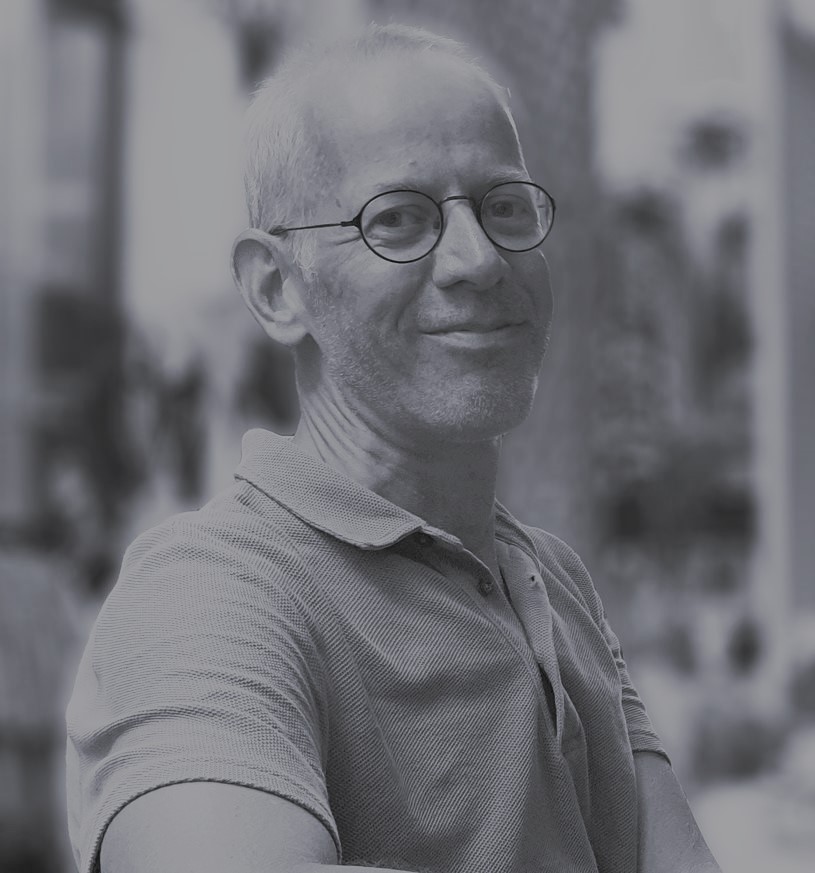
Roel Schipper
Thomas Overklift Vaupel Klein
Ahmed Farahat
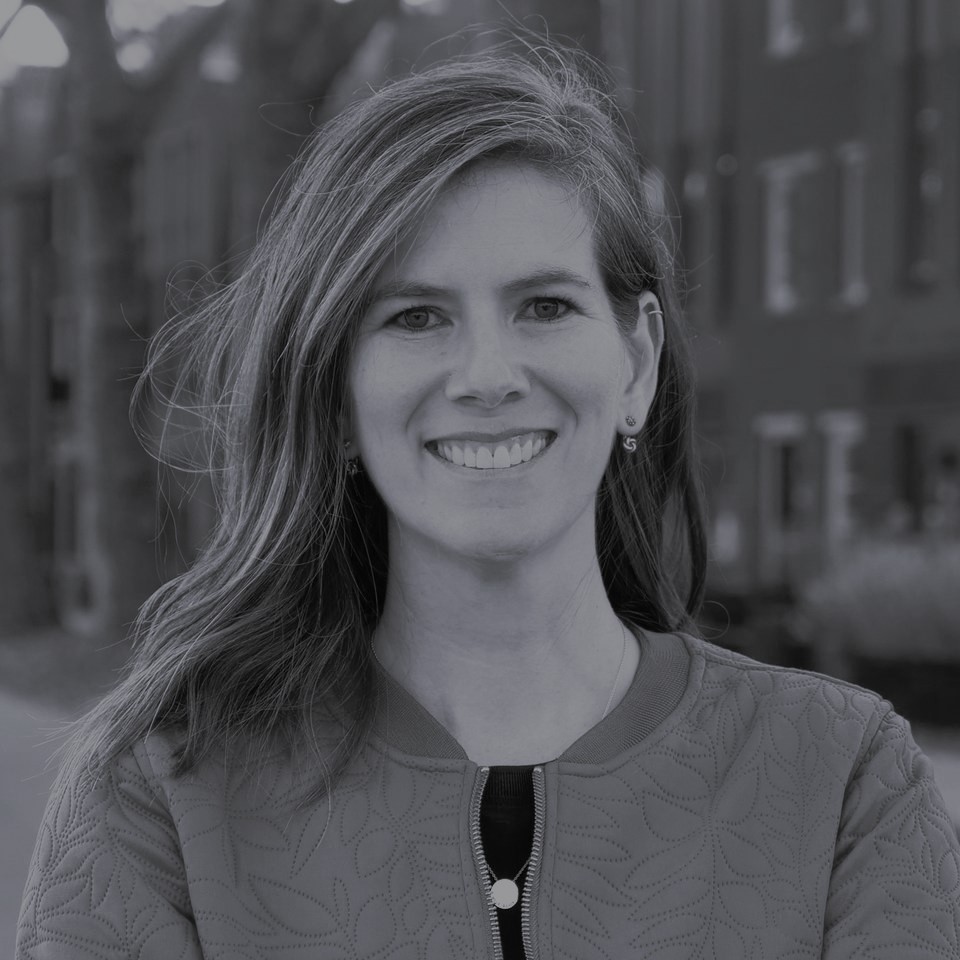
Carissa Champlin
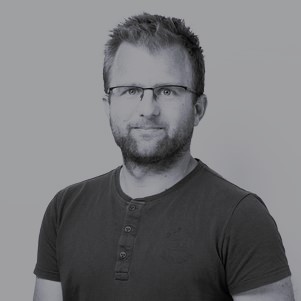
Freek Pols
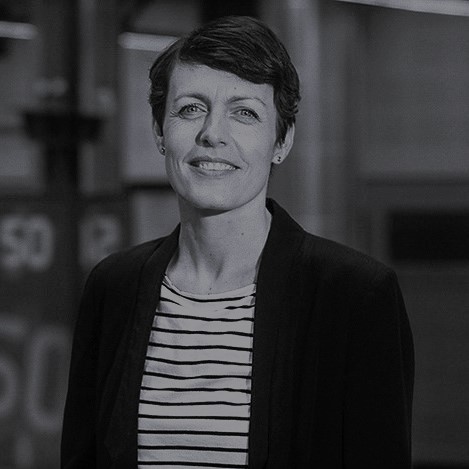
Mieke van der Bijl-Brouwer
Sjoerd van Dommelen
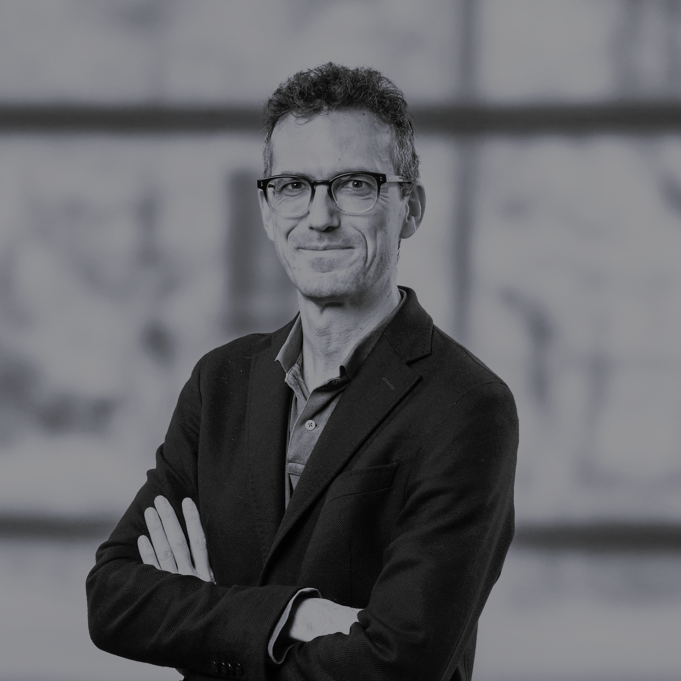
Filippo Santoni De Sio
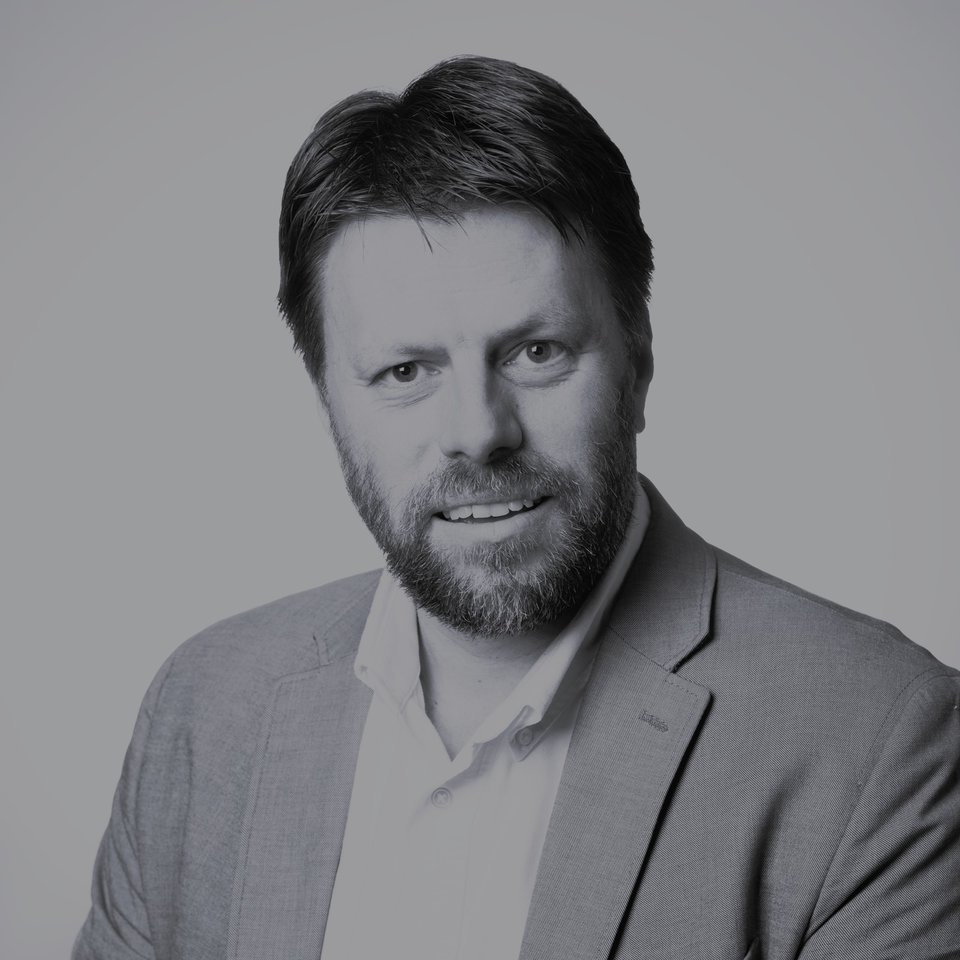
Arno Stienen
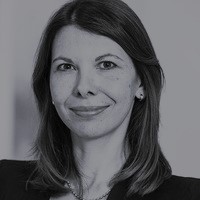
Darinka Czischke
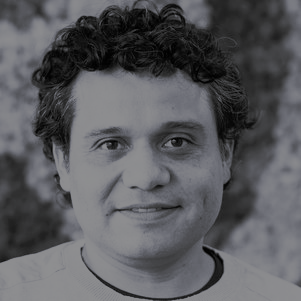
Jorge Martinez Castaneda
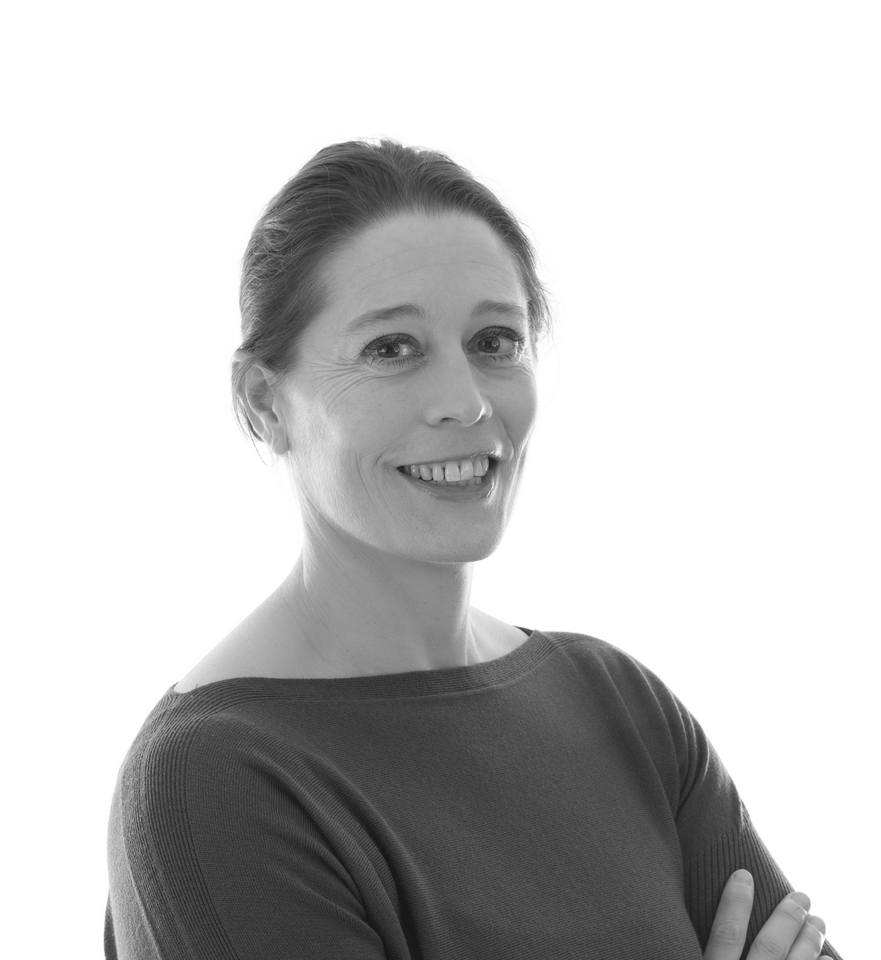
Pleun Hermsen
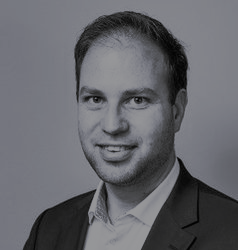
Steven Flipse
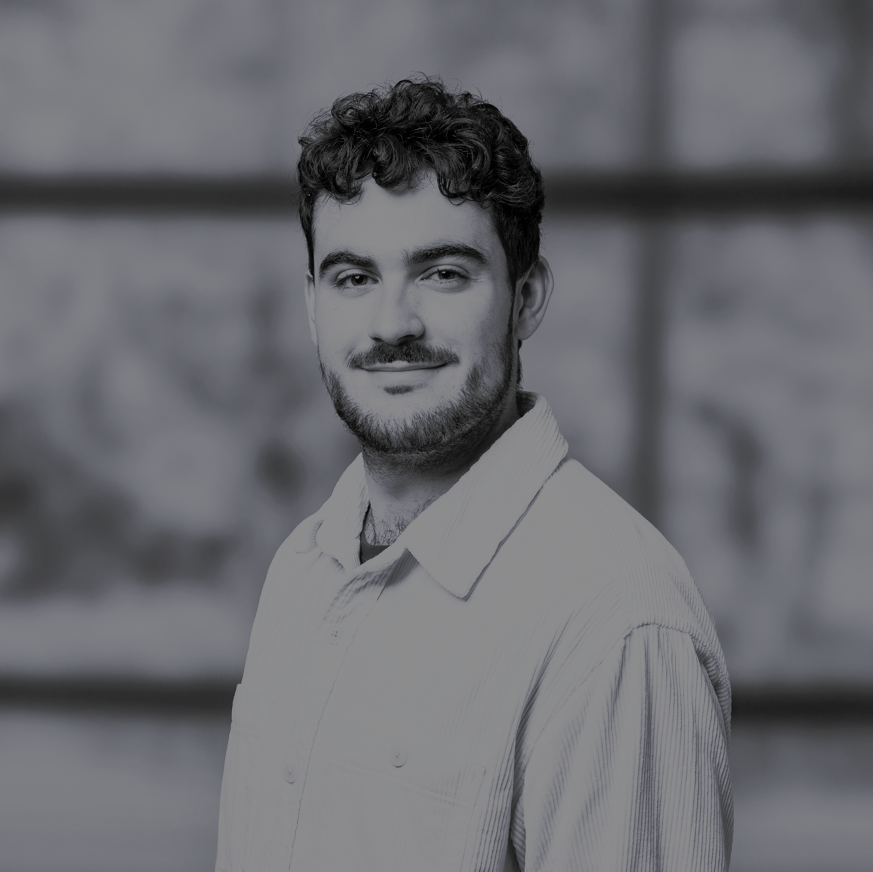
Aarón Moreno Inglés
-
-

Axelle Viré
Engaging our students in the creation of learning communities for a wider societal impact
In this session, we will reflect on the challenges and opportunities of engaging university students with society, for example through outreach activities or the creation of broader learning communities. The session will start with a short presentation about the Education Fellowship project “Learning4Society”. We will then answer the following questions:
- What are the differences between outreach activities and learning communities?
- Why should we engage students in such activities and how can we best train them for this?
- What needs to be changed in our courses to embed such activities in our curriculum?

Arno Stienen

Joost de Winter
Dimitra Dodou
ChatGPT in Education
In this session we will explore ChatGPT's role in education. Learn about its capabilities and limitations for student assessments through interactive deos. Discover how ChatGPT-4 interprets prompts via mobile submissions, displayed live.
We will also discuss ChatGPT's potential and provide guidance on how to use it. Join this session to not miss out on this oppertunity to improve your teaching with ChatGPT!

Steven Flipse

Jorge Martinez Castaneda
Co-creating courses using participatory design
Could you please take over this course from your colleague?' Enthusiastically we say ‘yes, of course,’ and embark on our teaching journeys. We acquaint ourselves with the available course materials (or develop new ones from scratch), taking into account the learning objectives and aligning these with teaching and assessment methods. And like that, the course continues.
There might or might not be room for novel teaching methods, novel learning approaches, innovative materials, etc. But what if we turned course development around, from a teacher perspective to a learner perspective, and co-design courses like we would do with, e.g., a new bridge? How can we include ‘stakeholders’ in the process and develop materials that include perspectives how ‘users’ will use that bridge, how they will experience it, and what they will do on ‘the other side’?
In this workshop we present a participatory design method for course development, based on our earlier experiences in education and research.
Taico Aerts
Thomas Overklift Vaupel Klein
Opening up Real-World Projects to Students
In this session, we will exchange experiences and ideas to improve project-based education everywhere at TU Delft. Many programmes have or want to have real-world projects or internships for their students to gain valuable experience. However, integrating these into a programme can be challenging and often requires a lot of administrative work. For example, in the Bachelor Computer Science and Engineering, we have the “Software Project”, where students do a group project for a company to see what it takes to do real-world software development.
In this session we will discuss the challenges we face when running the "Software Project" with over 400 students and 80 projects every year, and how we have optimized the process over the past few years. We will focus specifically on the Project Forum system (developed by the CSE Teaching Team) which streamlines the administrative aspects of project/internship-based courses.

Alessandro Bombelli
Learning to optimize with Operations Research in an interactive way: tackling the Knapsack Problem with a serious game
It is our nature to strive to improve things or rationally choose the best option available. For example, when looking for the fastest way to get to our destination or when packing our bag properly so that we do not need a second one. Implicitly, we apply simple principles of Operations Research (OR). This discipline deals with analytical methods to improve decision-making processes that span a large variety of socio-technical problems. Even though OR is quite an intuitive approach to problems, its rigorous models are challenging to understand due to their high level of abstraction, especially in fast-paced courses.
In this session, we will play a card game that simulates an adventure in an enchanted realm to understand a famous OR problem, i.e., the Knapsack Problem, while playing and having fun together.
Sjoerd van Dommelen

Pleun Hermsen
Paula Hueso Espinosa
What would Spiderman do?
For engineers it is useful to become aware of habits and open eyes to other ways of seeing and doing, as solving (today's) multidisciplinary wicked problems often require that. A first step is to understand what is your own perspective, to identify patterns and habits and how daily work is shaped by those.
In this engaging session participants will understand the coexistence of multiple truths, identify their personal perspective and how that influences their work, through a discussions over ordinary life moments with fictive guests like Barbie, the Hulk and Pippi Longstocking. This experience is in itself powerful for the participants, but the workshop is also designed to 'take home' and apply in the context of the participant.
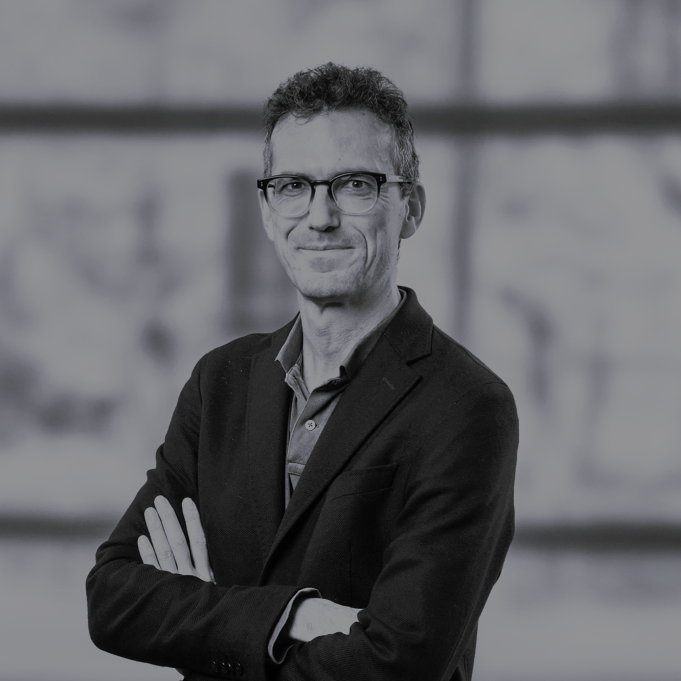
Filippo Santoni De Sio
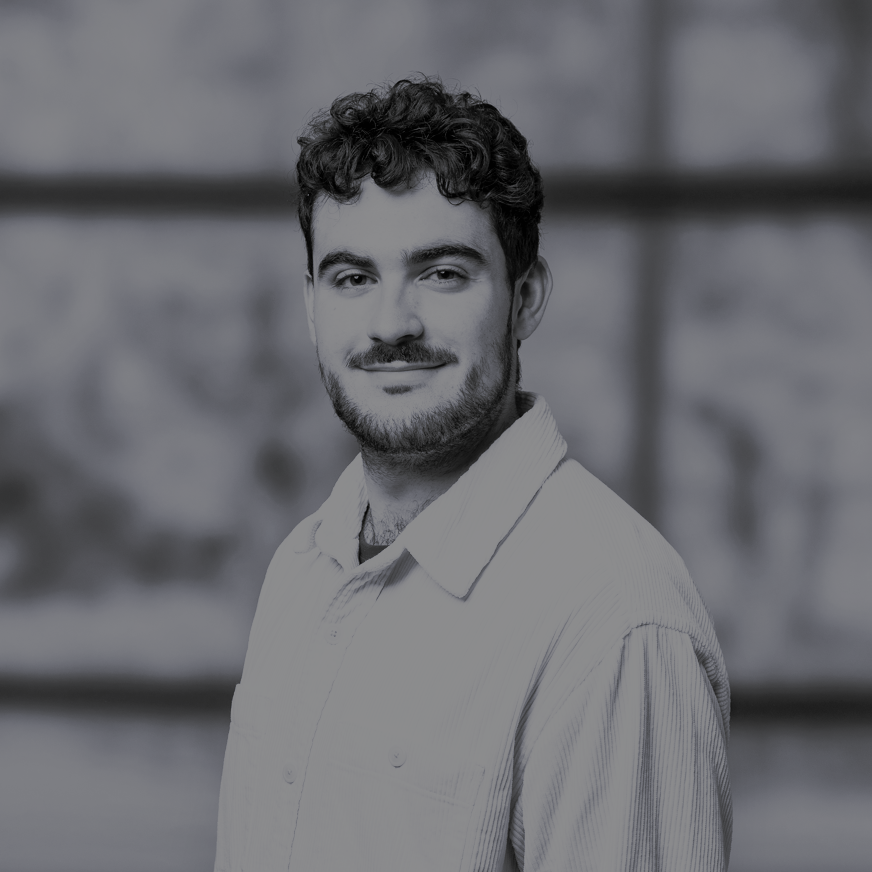
Aarón Moreno Inglés
Open up critical thinking: Human freedom in the age of AI
The impact of digitalisation and AI on our world (of education) is growing faster than ever. As educators navigating this rapidly evolving landscape, it is important ask ourselves how to design our education to train our students to be, become and remain critical thinkers? What role do we as educators take in this? And how is this connected to the technology we use in our teaching? What is the broader impact of privately-owned AI systems on the freedom of educators and students, over and beyond more specific concerns over the use of ChatGPT?
Be inspired by Filippo and Aarón with their experience and reflections on this topic and open up your perspective and way of thinking on AI and digitalisation and its implications on education and society.In this session you will reflect on your role as a critical thinker and discover ways to lead by example in inspiring your students. Gain new insights on how human freedom in education – and society in general – is closely connected to the technology we use as engineers, designers and scientists
-

Darinka Czischke
Bringing the ‘social’ to engineering education through a triple blended approach
The new Master’s elective, Social sustainability in Human Habitats offered by the Faculty of Architecture and the Built Environment (ABE) uses a ‘triple blended’ approach to teach the social dimension of sustainable development. This approach brings together blended education methods, cross-disciplinary teaching, and a comparative approach bridging across the global north and global south.
A flipped classroom method is applied using a series of educational videos produced by the BlendEd Urban Education platform, an initiative of the ongoing academic cooperation between the BK Faculty and the Institute for Housing and Urban Development Studies (IHS) at Erasmus University Rotterdam. This cooperation extends to the participation of teachers from different departments from ABE, as well as from IHS Erasmus in interactive learning activities with the students.
So far, the course has attracted high interest from students from across the TU Delft: promoting students from various disciplines to work together on the topic of social sustainability.In this session, we will share our educational approach through interactive exercises with the participants and reflect on what could be in this approach for your education.

Freek Pols
The Pedagogy of Lab Work: Unleashing the potential of lab activities
In many educational programs, lab work is a key component. Lab courses may focus on teaching how to setup and conduct a scientific investigation, to get acquainted with equipment, or may be used to develop conceptual knowledge. However, research indicates that the lab activities do often not yield the desired or intended results: Its full potential often remains untapped. One key finding is that the aforementioned goals interfere.
In this session I present a theoretical model that I have used to renew (with success) the entire first year physics lab course. You will experience, first hand, an activity that is designed on the basis of this model. I will briefly provide some useful tools and tips that can be easily implemented in your lab activities.

Mieke van der Bijl-Brouwer

Carissa Champlin
Disciplinary caricatures - promoting epistemic intelligence
In this session, Mieke and Carissa will present an exercise that is aimed at developing ‘epistemic intelligence’: the ability to recognize epistemological differences between disciplines and fields of practices, to accept and respect those differences and to move from the comfort of a disciplinary identity and home, to embracing disciplinary tensions and relationships.The activity includes a confrontation of disciplinary identities and preconceptions by making them explicit in an exaggerated disciplinary caricature.

Ajay Jagadeesh
Bridging Inclusivity and Engineering Education
Discover the transformative journey of promoting inclusivity in engineering education with our engaging session. As educators, we often find ourselves facing challenges in making groups, addressing and engaging students, and fostering a safe and brave learning environment. In this session, we will share our personal experiences and insights on these common situations, offering a unique perspective on effective approaches that transcend traditional do's and don'ts.
By delving into the narrative, we'll gain a deeper understanding of how to create an inclusive atmosphere that promotes learning for all students. Join us for an inspirational discussion that goes beyond checklists, allowing us to explore the practical applications of inclusive education in a variety of teaching scenarios. Together, we'll explore innovative strategies and engage in small group discussions to inspire change within our teaching practices. Don't miss this opportunity to connect, learn, and contribute to a more inclusive and diverse educational landscape.

Roel Schipper
Mehmet Kisa
Ahmed Farahat
Prior knowledge for your course or programme: See it. Say it. Sorted.
Your MSc course or MSc curriculum is attended by a great variety of incoming students. What prior knowledge do you assume to be present at the start? Are you clear about this in the study guide or admission criteria? How do you deal with partially or fully missing knowledge? For the new MSc Civil Engineering we developed a “repair-shop” for prior knowledge, based on Open Educational Resources (OER). This website, PRE-for-CEM (Prerequisite Knowledge for Civil Engineering Master), is shared with international students right after admission, a few months before the start of their programme, offering them the possibility to repair potential knowledge gaps.
In this session we help you to prepare a clear overview of prior knowledge necessary for your own course or curriculum, inspiring you to identify useful OER to repair potential gaps. We offer you a methodology to share this with students and gradually improve it with help of students and colleagues.
Please bring a laptop or other device to this session to search for online information.

Bart Root
Open up to assess the journey not the result
Students need to judge large software packages and their application in your research/engineering/design, but we do not have the time to set up a course on this. Can we educate our students a proper use of these program and still teach expert material of our research field by aligning our assessment accordingly?
In this session we will discuss a different type of assessment in a digital growing environment. What is in it for you? Bart will share his own experience of a new course he developed in which he had this problem. Collaboratively you will discuss the outcomes and student experiences. Also, Bart will share his own experiences. Next, you will assess yourselves if students have achieved the learning objectives.
After this session you will have a new experience and ideas in how to handle large software packages in your course by aligning your assessment - which is a must in the education of the Engineer 2.0 in a growing digital age.
